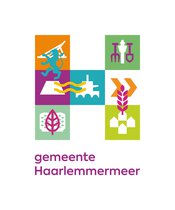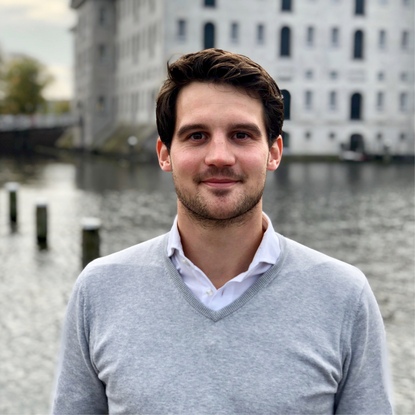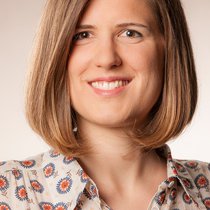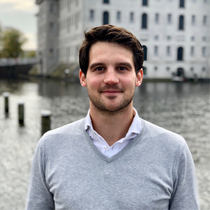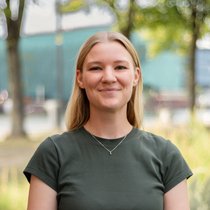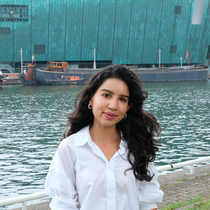A challenging transition
In the transition away from fossil-fueled residential heating systems, the current pace of energy-efficient renovation is far too slow. Individuals, groups of citizens, associations of owners (VVE's), and/or housing corporations tend to delay investments due to a lack of information and/or funds. In addition, they often face large coordination and transaction costs which hinder rapid action.
For policymakers, the large-scale decarbonization of the residential sector is a complex process that is challenging to steer. Especially when the energy system effects (or network effects) of individual or collective investments are taken into account. The latter determine the total economic cost of the transition, as investments balanced at the system level offer potential for large savings.
ALIGN4energy
To tackle these problems, a transdisciplinary consortium of scientists and practitioners kicked-off ALIGN4energy last October. ALIGN4energy is a four-year project that combines digital citizen engagement and personalized behavioral interventions to enable system-optimal clean energy investments at scale. This is part of the Nederlandse Wetenschapsagenda (Dutch National Science Agenda).
“The energy transition needs to accelerate. With this transdisciplinary project, we want to create societal impact by bringing together scientists and practitioners to jointly develop and implement solutions that are brought to the users while the project is still running.”
Julia Blasch
Research Associate
Customized information
The proposed research project activates multidisciplinary scientists from human systems (social and behavioral sciences, policy appraisal), the technical energy system (built environment, smart networks/grids), the interface between the human and technical energy systems (transaction cost theory, energy system modeling), artificial intelligence (learning algorithms) as well as policy experts and stakeholders like municipalities. By integrating insights from all these disciplines with insights from relevant stakeholders, the project will deliver co-created results such as state-of-the-art participation manuals, energy models, and integrated decision support logic for online platforms. These include customized information and tailored behavioral interventions to improve the complementarity of system investments and their operational impact on convenience-sustainability criteria to bring about lasting change.
In practice, the latter means that the project will deliver open-source state-of-the-art software that can be used in online tooling to support decision-making for heating systems on an individual level, collective level (with e.g. the housing association) or the energy system level. The project will work closely with various existing online tools, such as Building Blocks and Buurtwarmtewijzer. The BuurtWarmteWijzer (Community Energy Compass) is co-founded and developed by AMS Institute MADE-graduate (2016) Eline Burger.
Exploring heating solutions with the COLONY-tooling for each individual household and researching collective opportunities and implications on energy-infrastructure. (Image provided by The Early Birds)
“We are looking forward to a fruitful collaboration with our partners from Align4energy. We expect to provide valuable input to the Align4energy researchers and in return we hope the results (in particular from Artificial Intelligence) generated by the project will offer us opportunities to further improve our BuurtWarmteWijzer (Community Energy Compass) manual, citizen participation platform and COLONY-model.”
Eline Burger - co founder The Early Birds

Similar to Buurtwarmtewijzer, Habitata (developed by Building Block.energy), is a citizen platform for facilitating collective sustainable investment decisions in the built environment and will participate in the project.
Copyright: Building Blocks BV
Knowledge dissemination and testbeds
AMS Institute takes the lead in knowledge dissemination in the project, aimed at early disclosure of new insights to practitioners, as ongoing initiatives in society can highly benefit from state-of-the-art instruments and insights. AMS Institute also facilitates the integration of co-development of research and development in the testbeds in the Metropolitan Region of Amsterdam, i.e. in the municipality of Haarlemmermeer and the City of Amsterdam.
| Duration: |
|
| Related Information: |
Project members
Partners










